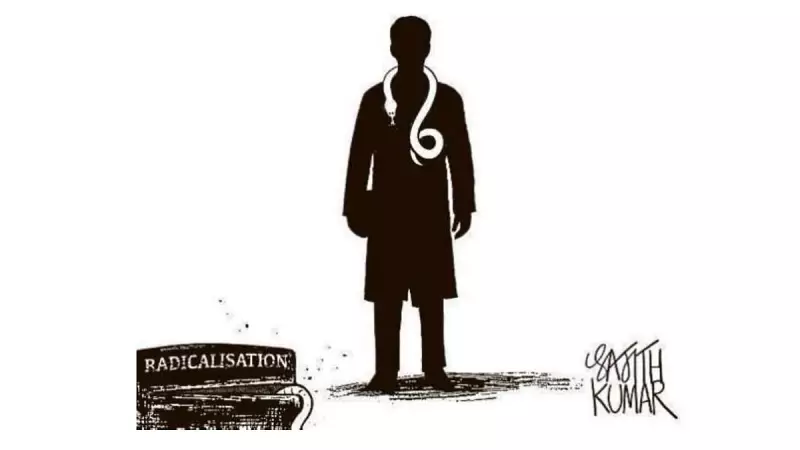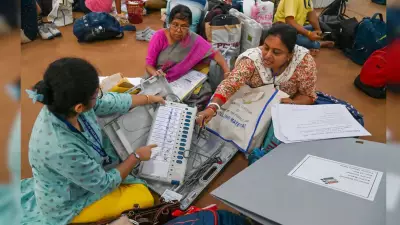
A recent political cartoon published in Deccan Herald has ignited significant controversy and debate across India's media landscape. The illustration, which addresses the sensitive topic of radicalization, has drawn both praise and criticism from various quarters.
The Controversial Illustration
The cartoon in question presents a powerful visual commentary on the growing concerns about radicalization within Indian society. While maintaining the newspaper's tradition of satirical commentary, the artwork touches upon themes that have become increasingly relevant in contemporary political discourse.
The timing of this publication coincides with ongoing national conversations about extremism and social harmony. Media analysts note that the cartoon's release comes at a moment when discussions about political polarization and social division are particularly acute.
Public Reaction and Debate
Responses to the cartoon have been sharply divided across social media platforms and public forums. Supporters of the publication argue that it represents legitimate political commentary and falls within the boundaries of free speech.
Meanwhile, critics have expressed concerns about the portrayal of sensitive issues and its potential impact on social cohesion. Several political groups have issued statements either condemning or defending the cartoon's message, reflecting the broader polarization in public opinion.
The debate has extended beyond the cartoon itself to encompass larger questions about the role of media in addressing complex social issues. Many commentators have noted that the controversy highlights the delicate balance between artistic expression and social responsibility.
Broader Implications for Media Freedom
This incident raises important questions about the boundaries of political satire in India's evolving media landscape. Legal experts point out that while freedom of expression is protected under the Constitution, it often comes into conflict with other societal concerns.
The cartoon controversy occurs against the backdrop of ongoing discussions about media freedom and censorship in India. Several media watchdog organizations have been monitoring the situation, noting that such incidents often set precedents for future cases involving political commentary.
Academic observers suggest that the public reaction to the Deccan Herald cartoon reflects broader tensions within Indian society regarding freedom of speech, political correctness, and national identity. The intensity of the debate demonstrates how visual media continues to play a crucial role in shaping public discourse.
As the conversation continues to evolve, many are watching to see how this incident might influence future editorial decisions in Indian media. The outcome of this controversy could have lasting implications for how sensitive political topics are addressed in public forums.





